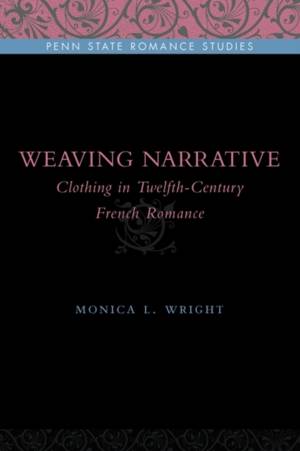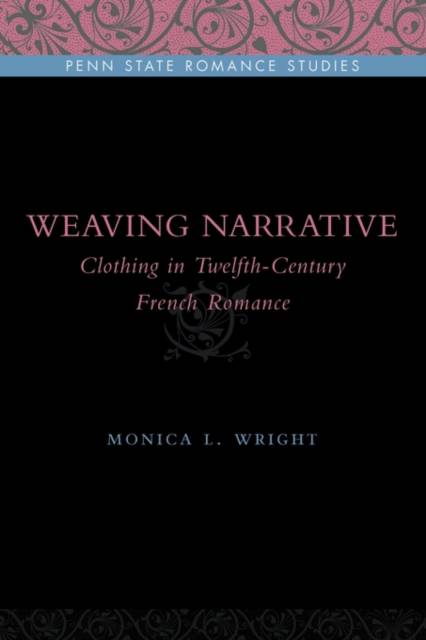
- Afhalen na 1 uur in een winkel met voorraad
- Gratis thuislevering in België vanaf € 30
- Ruim aanbod met 7 miljoen producten
- Afhalen na 1 uur in een winkel met voorraad
- Gratis thuislevering in België vanaf € 30
- Ruim aanbod met 7 miljoen producten
Omschrijving
Enide's tattered dress and Erec's fabulous coronation robe; Yvain's nudity in the forest, which prevents maidens who know him well clothed from identifying him; Lanval's fairy-lady parading about in the Arthurian court, scantily dressed, for all to observe: just why is clothing so important in twelfth-century French romance? This interdisciplinary book explores how writers of this era used clothing as a signifier with multiple meanings for many narrative purposes. Clothing figured prominently in twelfth-century France, where exotic fabrics and furs came to define a social elite. Monica Wright shows that representations of clothing are not mere embellishments to the text; they help form the textual weave of the romances in which they appear. This book is about how these descriptions are constructed, what they mean, and how clothing becomes an active part of romance composition--the ways in which writers use it to develop and elaborate character, to advance or stall the plot, and to structure the narrative generally.
Specificaties
Betrokkenen
- Auteur(s):
- Uitgeverij:
Inhoud
- Aantal bladzijden:
- 192
- Taal:
- Engels
- Reeks:
- Reeksnummer:
- nr. 10
Eigenschappen
- Productcode (EAN):
- 9780271035666
- Verschijningsdatum:
- 15/02/2010
- Uitvoering:
- Paperback
- Formaat:
- Trade paperback (VS)
- Afmetingen:
- 152 mm x 229 mm
- Gewicht:
- 308 g

Alleen bij Standaard Boekhandel
Beoordelingen
We publiceren alleen reviews die voldoen aan de voorwaarden voor reviews. Bekijk onze voorwaarden voor reviews.











